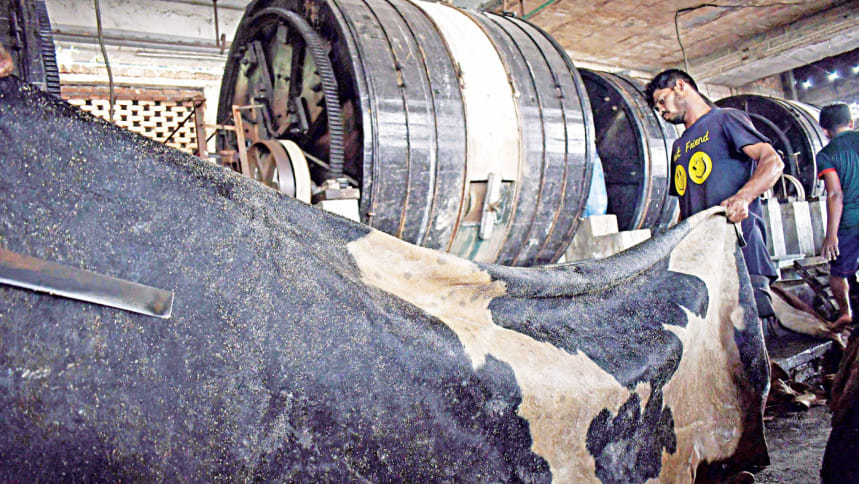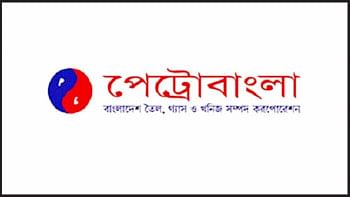Leather value lost for lack of certification

Only two companies in Bangladesh have certification of Leather Working Group (LWG), one of the lowest in the world, said a researcher yesterday.
Another firm is undergoing audits for the certification, added the researcher, M Abu Eusuf, executive director of the Research and Policy Integration for Development.
The LWG is a global body for compliance and environmental certification in the leather and leather goods sector. The certificate is mandatory for market access to Europe, the US and some developed Asian countries.
In the absence of the certification, Bangladesh's leather exporters are having to ship their goods mainly to China at 30 per cent to 40 per cent lower prices, said Eusuf at a seminar in Pan Pacific Sonargaon Dhaka in the capital.
The Asia Foundation and the Bangladesh Labour Foundation jointly organised the seminar styled "Bangladesh Tanneries: Towards Compliance".
The leather industry of Bangladesh bears considerable growth and investment potential since the raw materials were locally available, Eusuf said in a presentation.
In contrast, 247 firms have certifications in India, 201 in China, 44 in Pakistan, 22 each in Taiwan and Thailand, 18 in South Korea, 17 in Vietnam and 11 in Indonesia.
Besides, there are one each in Malaysia, Saudi Arabia, Singapore and Tajikistan.
So far, 1,858 firms in the world have received LWG certification, according to the LWG website.
The LWG was first formed in 2005 as a collaborative initiative between footwear, apparel and upholstery brands and leather manufacturers, including founders Adidas, Clarks, Ikea, Nike, Marks & Spencer, New Balance, Timberland, and PrimeAsia Leather Company.
Bangladesh has set a target to export $80 billion-worth merchandise by 2024 and $100 billion by 2026, said Eusuf.
That is why at least 15 factories need to avail the LWG certification within the next few years, he said.
Bangladesh Bank could form a fund of at least Tk 500 crore to offer soft loans at zero interest for periods of 15 years to 20 years to entrepreneurs, he suggested.
Besides policy support should be strengthened for leather exports through the extension of the same benefits provided to the garments sector and continued for 5 years, he added.
The support will enable establishment of solid waste management facilities and modern dumping yards with state-of-the-art waste treatment technologies and practices, said Eusuf, also a professor at the development studies department in the University of Dhaka.
This will ensure efficient waste disposal, minimise environmental impact and promote sustainable waste management, he added.
"Nothing is being done to improve the quality of the leather industry. As a result, time is wasted in these meetings and seminars," lamented Shaheen Ahamed, chairman of Bangladesh Tanners Association.
He suggested formation of a leather development board under the Prime Minister's Office.
Some problems prevail pertaining to the establishment of a central effluent treatment plant at Savar Tannery Industrial Estate, acknowledged Tapan Kanti Ghosh, senior secretary to the Ministry of Commerce.
"Now we have to move forward on how to solve these problems quickly. There's a lot of thinking going on about it. The proposals of the tannery owners will also be sent to the Prime Minister's principal secretary," he said.

 For all latest news, follow The Daily Star's Google News channel.
For all latest news, follow The Daily Star's Google News channel. 



Comments